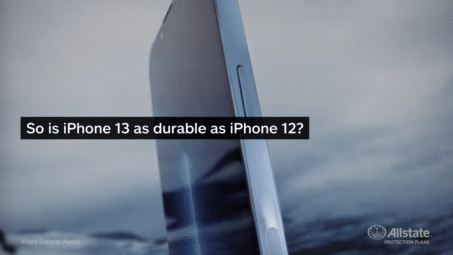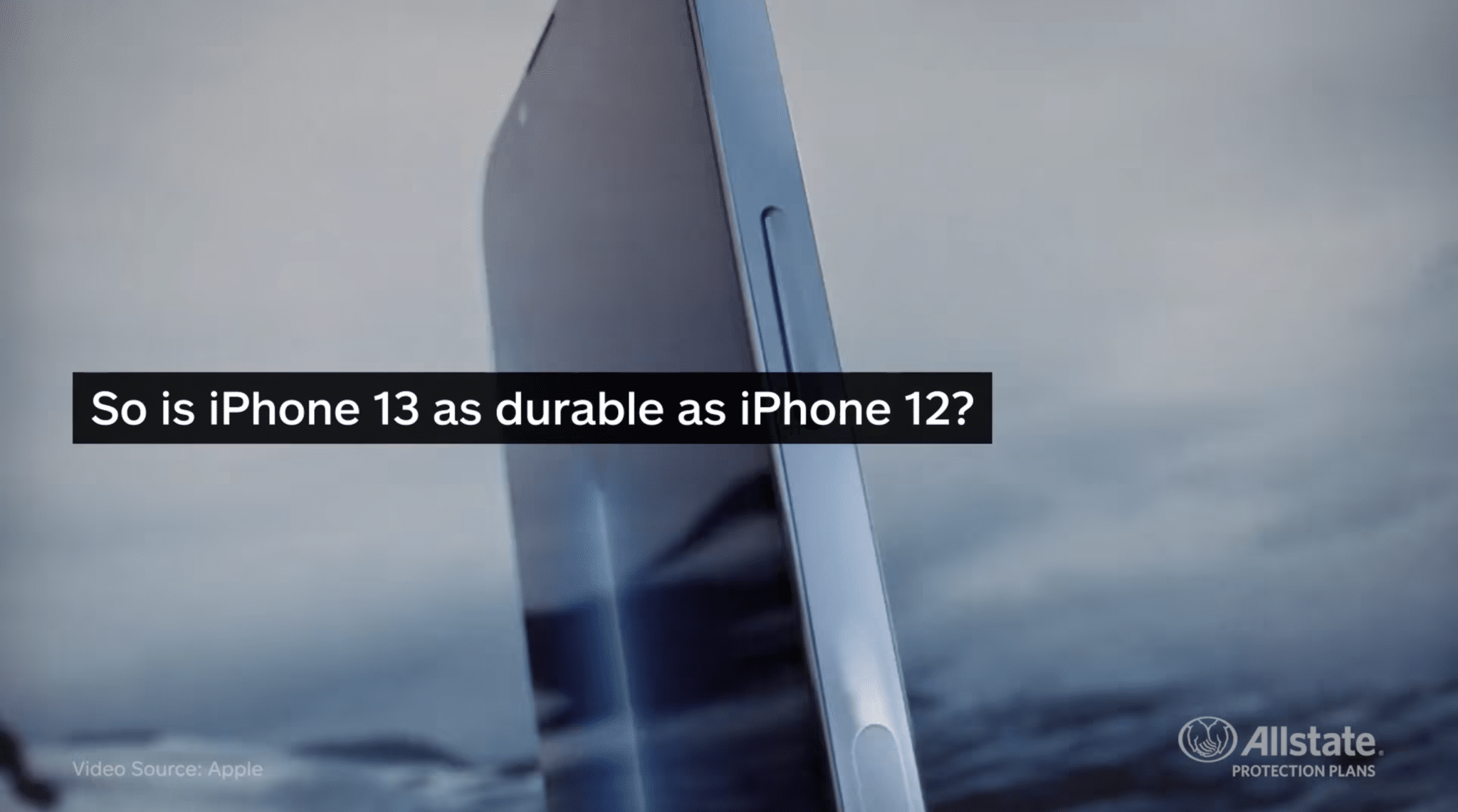
By David Bakke
David Bakke is a technology enthusiast and personal finance contributor for the popular resource, MoneyCrashers.com.
For years, I believed that extended warranties were an absolute waste of money and should never, ever be considered a worthy investment. However, after conducting research and enduring several personal experiences, I’ve come to change my beliefs. I now realize that there are a number of instances in which purchasing a warranty – frequently referred to as “protection plan” – is particularly worthwhile:
1. If the Purchase Is for a Child
Several years ago, my wife and I purchased a digital camera for my son, and although I disagreed with the decision at the time, my wife purchased the warranty. I am grateful that she did, however, as my son promptly dropped and broke the camera, which was replaced free of charge. Another malfunction later occurred, and the camera was repaired without cost. If your purchase is for a child, buying the warranty is often a good idea.
2. For Certain Major Purchases
Research has shown that purchasing a warranty for many large home appliances is unnecessary, as such items generally do not break or malfunction during the time-frame covered by the warranty. However, when it comes to laptop computers or other high-tech devices, purchasing the warranty can be extremely helpful. My previous laptop, a Sony, malfunctioned within a month after the manufacturer’s warranty expired, and I was forced to pay the entire cost of repair. I learned my lesson, and purchased the warranty when I bought my current computer.
3. If You Can Afford It
It is always important to consider your own personal finances. Warranties are often costly, and there may be times when you just can’t afford it. There’s no point in spending several hundred dollars on a warranty if it would cause you to fall further into debt. But if you can fit the cost into your budget, it may make sense.
4. If the Factory Warranty Is Insufficient
Before you purchase any protection plan, check the parameters of the manufacturer warranty. Often, factory warranties cover one year from the date of purchase, but that’s not always the case. If the warranty from the manufacturer only covers six months, you may want to consider an extended warranty. Also, keep in mind that the majority of these warranty plans do not cover accidental damage – including drops, cracks, and liquid spills. If you accidentally damage your device, you’re most likely out of luck in this case.
5. If You Need It for Peace of Mind
If you have no problem paying the extra cost and you’ll feel better at the end of the day, then there’s no reason to avoid buying extended protection. For instance, if you don’t want to risk paying big bucks to repair a new car, flat screen TV, or a large home appliance, purchase the warranty and rest easy knowing that should anything go wrong, you will be covered.
6. If You Have an Expensive Smartphone
If the cost to replace your smartphone is steep, purchasing the protection plan for the term of your contract is often a prudent choice. Cellphones tend to be used heavily and get taken with us everywhere – often thrown in a purse, backpack, or back-pocket. For these reasons, they’re at high risk of breakage, loss, and malfunction. But not all warranties are created equal. When choosing coverage for your smartphone, pick a plan that covers accidental breakage, and make sure you know what else is covered and what is not.
Final Thoughts
When considering a warranty, understand that SquareTrade offers warranty options for a wide variety of accidents on many different electronic devices, and at a much lower cost than most retailers. If you plan to purchase a warranty, check out SquareTrade first. But regardless of which warranty you purchase, always read the fine print to make sure you’re satisfied with the coverage before you buy.
What are your thoughts on purchasing warranties?






